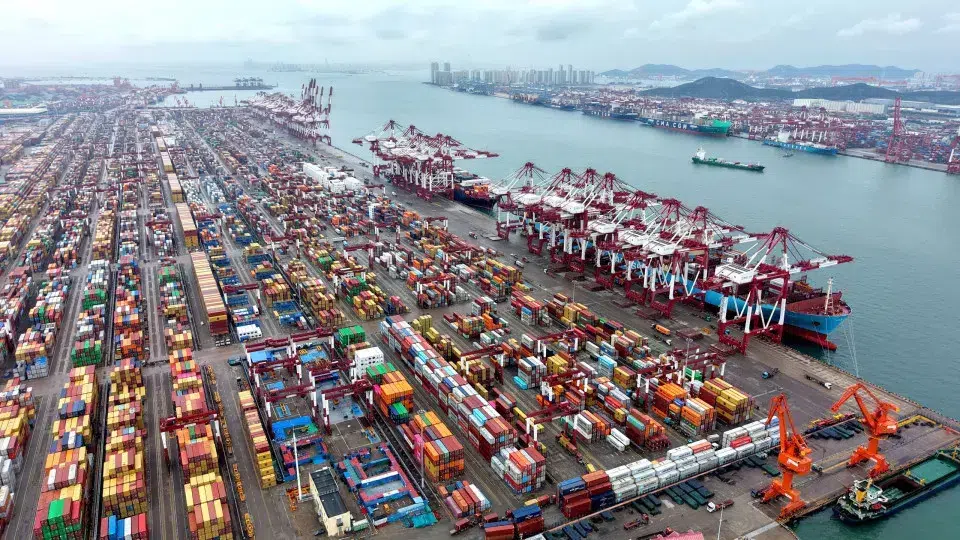
For the first time, the Ministry of Economic Affairs invoked the Property Availability Law, citing “a threat to the continuity and safeguarding, on Dutch and European soil, of crucial technological knowledge and capabilities.”
This measure comes amid rising tensions between Western countries and China over access to advanced technologies and critical raw materials.
On Thursday, Beijing imposed new restrictions on the export of rare earths, used in products such as cars and wind turbines.
Nexperia, a Netherlands-based company, is owned by China’s Wingtech, which is listed on the Shanghai Stock Exchange and included by the U.S. administration in the “entity list,” implying that U.S. companies require a typically hard-to-obtain license to conduct business with the group.
According to the Dutch ministry, the decision was based on “serious governance failures and actions within Nexperia.” The goal is to prevent the chips produced by the company from becoming “unavailable in case of an emergency.”
Nexperia supplies, among others, semiconductors for the European automotive industry and consumer electronic devices.
The Dutch Ministry of Economic Affairs revealed it intervened on September 30 but only made the decision public on Sunday.
From that moment, the Minister of Economic Affairs, Vincent Karremans, gained the power to reverse or block decisions made by the company’s board.
In response, Wingtech described the measure as “excessive interference driven by geopolitical prejudices, not by an objective risk assessment.”
“This decision severely contradicts the European Union’s longstanding advocacy of market economy principles, fair competition, and international trade norms,” Wingtech emphasized, protesting against what it sees as “discriminatory treatment” of a Chinese-owned company.
Hours before the public announcement, Wingtech submitted statements to the stock regulator, revealing that the Dutch government ordered Nexperia and all its subsidiaries not to alter their assets, intellectual property, operations, or personnel for a year.
By order of the Amsterdam Court of Appeal, the Dutch executive also managed to suspend Zhang Xuezheng as executive director of Nexperia and non-executive director of Nexperia Holding.
An independent, foreign, and court-appointed director with voting and representation powers will now be part of both companies.
Additionally, all Nexperia shares—except one—have been placed under fiduciary management, by an as-yet unnamed party.
The Hague’s decision follows the inclusion in September of hundreds of subsidiaries of Chinese companies in the U.S. “entity list.”
According to the U.S. Department of Commerce, companies with over 50% Chinese capital on this list are automatically included in the ban.
The Chinese Ministry of Commerce cited these sanctions as one of the justifications for recent rare-earth export restrictions.
Nexperia, headquartered in Nijmegen with a global presence, assured compliance with “all applicable laws and regulations, export controls, and sanction regimes.”
In November 2022, the UK blocked Nexperia’s acquisition of semiconductor manufacturer Newport Wafer Fab, citing national security concerns due to the Dutch company’s connection to Wingtech.
Under pressure from Washington, The Hague had already imposed limits on the sale by Dutch company ASML of advanced semiconductor manufacturing machinery to China.




